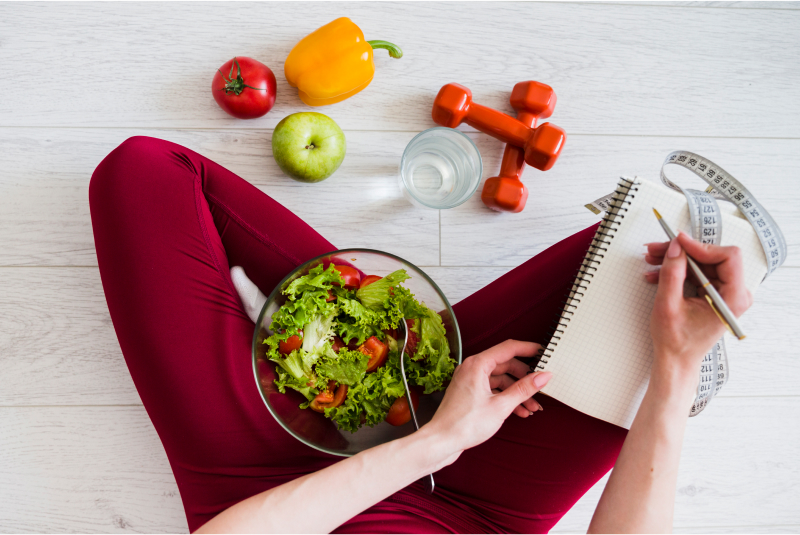Eating a healthy, balanced diet can be difficult. The population is generally busier than it used to be, and many of us spend our days juggling lots of things, including work, childcare, housework, and pet care. It's no wonder that we often neglect ourselves, but it is vital to our health and wellbeing that we do our best to eat the recommended amount of the various food groups in order for our bodies to function optimally. Studies show that many people especially older adults
Don't consume enough protein in your diet. A lack of protein can cause many problems, including liver disease, low blood pressure, anemia, and muscle weakness. If you are unsure of how to get more protein into your diet, this article provides some tips.
Eat high protein foods
A good diet should include variety within each food group for best results, and protein intake is no different. Some foods that are naturally high in protein include:
- Meat and fish – lean meats like chicken and turkey are high in protein, low in fat, and therefore good for cholesterol. Canned fish like tuna and fatty fish like sardines, mackerel, and salmon are also good sources of protein.
- Dairy products are great sources of protein, as well as other nutrients like calcium and vitamin D. Milk, yogurt, and cheese are all high in protein, but they are also high in fat. Hence, consider healthier versions like cottage cheese. or Greek yogurt – which is particularly rich in protein.
- Eggs
Some people on restricted diets, such as vegetarians and vegans, may find it more difficult to eat enough protein, but there are many high-protein, non-animal products available:
- Legumes like peas, beans, and lentils are good sources of protein. Edamame beans and chickpeas are especially good because they are so versatile.
- Seeds like chia and quinoa.
- Nuts like almonds, pistachios, almonds, and nut butters like peanuts are high in protein and essential fatty acids. However, avoid nut butters with added sugar.
- Oats contain the highest amount of protein of any grain, so oatmeal is a great breakfast option.
Change the way you eat
Small lifestyle changes are an easy way to add more protein to your diet. By planning meals in advance, you can ensure that you are getting the recommended daily intake of protein and other necessary nutrients. If you eat meat, opt for grass-fed meat and leaner, larger pieces of red meat like sirloin to increase the amount of protein. Eat the protein portion of your meal first before consuming starchy foods, which can also benefit your blood sugar and insulin levels.
Swap unhealthy snacks like french fries and pretzels for healthier, protein-rich snacks like healthy jerks, trails or fruit and nut bars

Add a protein supplement to your diet
When many people think of protein supplements, they imagine muscular men drinking a protein shake after a workout at the gym, and while protein supplements are helpful in building muscle, they can benefit the wider population as well. Some companies make high-quality protein supplements that are extensively sourced from grass-fed American cows. If you're not a fan of shakes and smoothies, many protein powders can even be used in baking for nutritious baked goods!
If your weight is above or below average, you may need to eat less or more protein than other people. If you are unsure, it is a good idea to research and remember to include a variety of different sources of protein in your diet for the best result.

